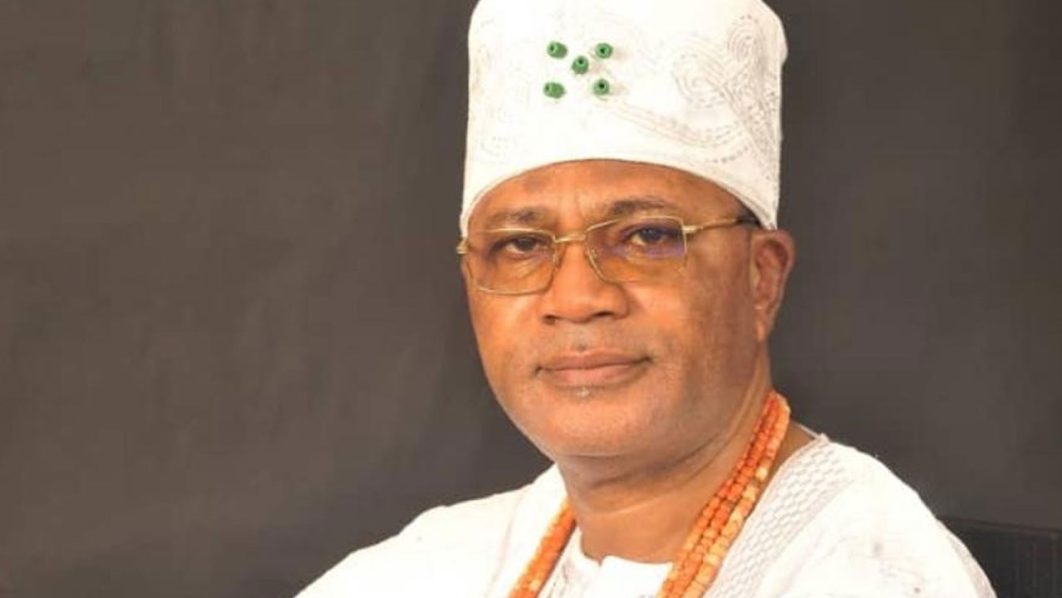
• GDP contribution shrinks by 20.95% in H1
President, Manufacturers Association of Nigeria (MAN), Francis Meshioye, has decried the fact that the production sector has suffered many setbacks in recent times due to some policy reforms of the government.
Pointing out that while some of these policies have negatively affected manufacturers, impacted trade and weakened their competitiveness locally and regionally, he said MAN will continue to look for ways to engage government at various levels to ensure manufacturers tap into available government efforts to ameliorate these impacts.
Speaking on how to facilitate trade and improve revenue generation for an import-dependent economy during a stakeholder’s meeting in Lagos, he said even though the real sector is the highest contributor to job and wealth creation, skill development and technology transfer, remains heavily challenged in Lagos State and Nigeria as a whole.
He said the Lagos State Government must institute a more effective and efficient consultative mechanism, to ensure the sustenance of existing manufacturing companies, some of which are on the verge of collapse under the weight of overwhelming infrastructural, macro-economic and other challenges.
“The lacklustre performance of the national economy has made it imperative for us to rethink the country’s development strategy so that we can avoid the unpleasant consequences of economic recession. The federal and state governments, together with their agencies, must work in synergy, carrying along relevant stakeholders to fashion appropriate strategies to improve and stabilise the economy,” he stated.
Calling for a special focus on the Amuwo-Odofin and Kirikiri Industrial layouts of Lagos, where many companies operate, he said the firms there are willing to support the rehabilitation of the dilapidated roads and drainages in the axis in exchange for tax breaks.
“This would reduce the loss of goods and man-hours daily experienced on these roads, especially with the rains here. Most customers prefer areas with better road infrastructure, rendering those of them here less competitive. The Lagos state Governor recently promised to look into infrastructural development based on revenue generation from that particular area, this promise is yet to be fulfilled as we believe that revenue collections from manufacturers there is more than enough to enjoy the fulfillment of this promise,” he said.
He pleaded for the construction and rehabilitation of roads within all industrial clusters to reduce the wear and tear on vehicles; harmonisation of taxes, especially local government and road-related levies to support ease of compliance by manufacturers, remove the use of discretion and the possibility of exploitation and harassment by unscrupulous government officials.
The MAN boss stressed the need for the harmonisation of national and state environmental laws to reduce compliance costs on manufacturers; proscription of the activities of non-state actors whose illegal charges and activities increase the cost of manufacturing inputs and appointment of MAN representatives on government boards whose mandate affects their activities such as the Lagos State Environmental Protection Agency (LASEPA).
FURTHER, the real sector’s contribution to the Gross Domestic Product (GDP) has witnessed a significant contraction in the first half of the year, showing a decline of 20.95 per cent from the end of 2023 through H1 of 2024.
Data sourced from the National Bureau of Statistics (NBS) showed that the sector’s contribution fell from 16.04 per cent in Q4 2023 to 12.68 per cent in Q2 2024, highlighting the sector’s increasing struggles amid the country’s economic challenges.
The sector has been besieged by different macroeconomic headwinds, including epileptic and expensive power supply, poor access to finance, infrastructural deficiencies, FX scarcity, inflationary pressures and currency volatility among other factors, which have all contributed to affecting the sector’s productivity and growth potential. They have also led to reduced consumer demand and higher production costs.
This H1 2024 decline highlighted the sector’s vulnerabilities, particularly in the face of ongoing economic and infrastructural challenges. In Q4 2023, the real sector contributed 16.04 per cent to the GDP, but sharply declined in Q1 of 2024 to 14.79 per cent, marking the beginning of a downward trend that has culminated in a further drop to 12.68 per cent by Q2 2024.
The sector’s nominal GDP growth in Q2 2024 stood at 1.91 per cent year-on-year, representing a significant decline of 27.99 per cent, compared to the 29.90 per cent growth recorded in the corresponding period of 2023. This marks a 6.30 per cent decrease from the 8.21 per cent growth registered in Q1 of 2024. On a quarter-on-quarter basis, the sector experienced a contraction of 11.25 per cent during Q2 2024, indicating that the sector is struggling to expand output, with far-reaching implications for employment, investments and overall economic stability of the economy.
The sector’s contribution to nominal GDP in Q2 2024 was 12.68 per cent, down from 14.55 per cent in Q2 2023 and lower than the 14.79 per cent recorded in Q1 2024. However, by Q2 2024, real GDP growth had further declined to 1.28 per cent, lower than both the growth recorded in Q2 2023 and the preceding quarter.
The quarter-on-quarter growth rate in Q2 2024 stood at -15.16 per cent, a significant drop from the 1.74 per cent quarter-on-quarter growth observed in Q1 2024. The sector’s real contributions to GDP in Q2 2024 was 8.46 per cent down from 8.62 per cent in Q2 2023 and also lower than the 9.98 per cent contribution recorded in Q1 2024.






